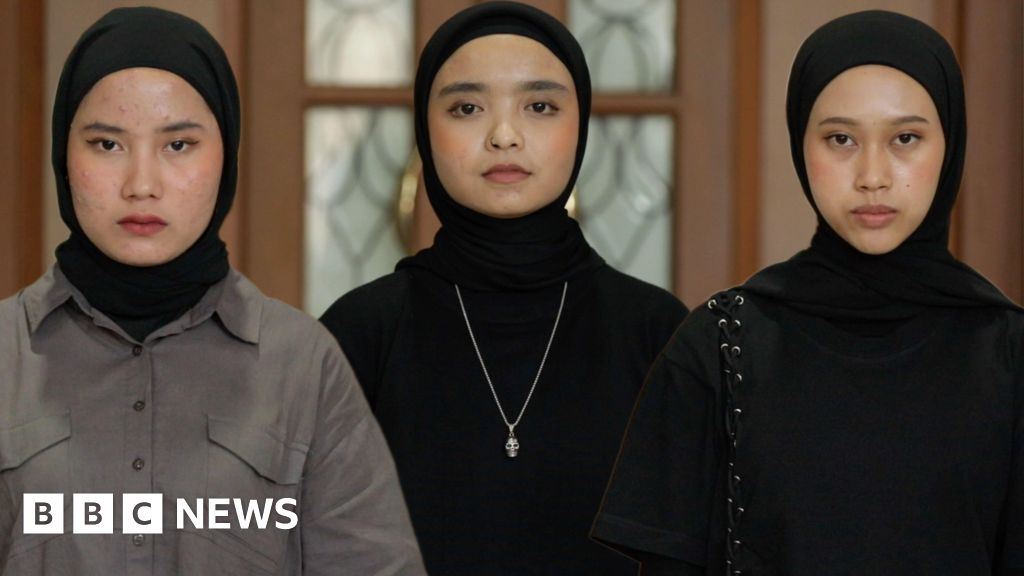This week's best things
How to find your next audience, digital maturity self-assessment, Japan declares war on floppy disks, technology at the Science Museum since 1985, designing for conflicting needs, various people getting into trouble with AI, and a password game

How To Find Your Next Audience
A good read in this piece from my pal, Matt Locke at Storythings.
Matt has been looking at the big shifts in how audiences discover and access content for a while now (his 'Broken' series looking at content discovery is well worth a read).
In this latest piece, Matt looks at the reliance over the last 15 years or so on search, social and media platforms to drive traffic to content.
"the days of building your audience on a few big platforms are over, and we’re entering a new era of niche networks."
Think Digital
Creative Australia have launched a new service called Think Digital which is "a self-assessment tool for arts and cultural organisations, that offers a digital capabilities overview and supports the development of a digital strategy."
It looks similar to the Digital Culture Compass (that was launched in the UK a few years ago) or DEN's Digital Transformation Scan (this was launched in the Netherlands last year).
As ever these tools are most useful when you're clear about their limitations. They're not going to solve problems for you, but they might help throw a useful focus on where your priorities should be, or help start conversations with colleagues.

Japan declares victory in 'war' on floppy disks
A surprising news story - governments are still using floppy disks? In 2024?
But apparently they were required as the way to submit documents by a lot of Japanese government departments "up until last month, people were still asked to submit documents to the government using the outdated storage devices, with more than 1,000 regulations requiring its use."
This article also has a few other fun nuggets about why 'digital transformation' has failed to really take hold across swathes of Japanese society, touching on fax machines and hand-carved stamps.

Designing content for conflicting access needs
Chloe Tear is a content designer who until recently worked at Scope, we've had Chloe give presentations to the Substrakt team on accessible content, Chloe is great.
In this blog post Chloe writes about how you should think about designing content for potentially conflicting access needs.
"Even when the content is accessible, different things work for different people.
Conflicting access needs are when the access need for one person is the opposite of what someone else needs.
For example:
- User 1 needs all the information on one page. They’ll forget what they have read if they need to switch between pages.
- User 2 finds all the information on one page overwhelming. They need to have separate pages that break up the information."

Dave Patten profile
A nice interview with the former Head of New Media at the Science Museum, Dave Patten.
He worked at the Science Museum since 1985 and it's an interesting insight into how the role of technology - particularly in exhibitions - has evolved over that time.
Figma pulls AI tool after criticism that it ripped off Apple’s design
"Figma’s new tool Make Designs lets users quickly mock up apps using generative AI. Now, it’s been pulled after the tool drafted designs that looked strikingly similar to Apple’s iOS weather app."
I suspect we'll see lots more of this sort of thing as companies rush to roll out AI tools without thinking through the second-order effects, the data the tools were trained on, and a load of other things.
/cdn.vox-cdn.com/uploads/chorus_asset/file/25515615/STK273_FIGMA.jpg)
Music labels sue AI song generators Suno and Udio for copyright infringement
Another example of the fact that the 'move fast and break things' tech matra now seems to have evolved into 'don't worry about IP, then get sued'.

The Password Game
Some of my colleagues got up to 'rule 20'.
Indonesia’s hijab-wearing metalheads play Glastonbury
The first ever Indonesian band to play Glastonbury.
"The three girls started making metal music at high school, but they never thought they could make history for Indonesia at Glastonbury.
The band they formed - Voice of Baceprot - are playing the festival this year and when they found out they'd been invited they were “confused”."
And on the subject of all-women, hijab-wearing groups, I've just started watching season 2 of the excellent, We Are Lady Parts.






